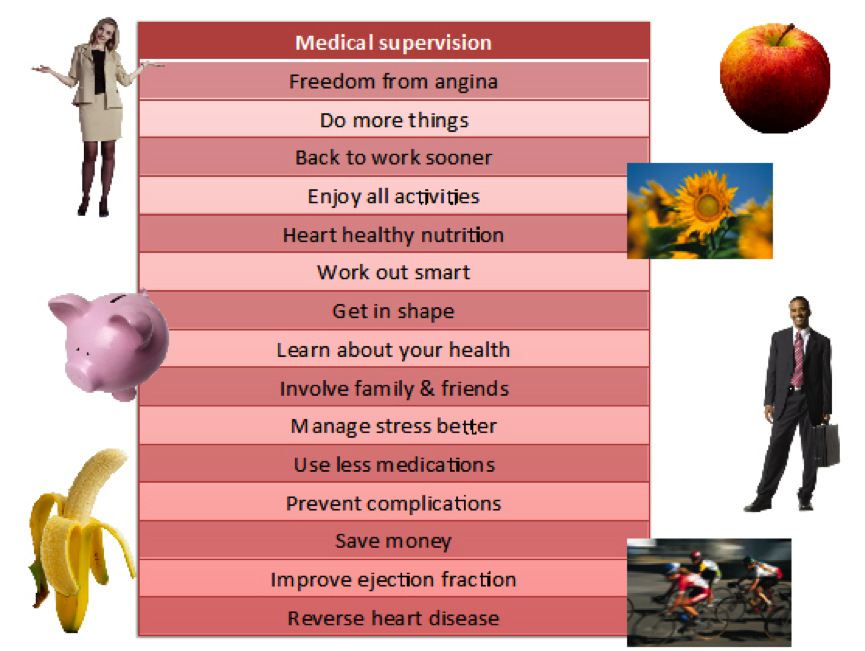An Unbiased View of Narconon Africa
An Unbiased View of Narconon Africa
Blog Article
How Narconon Africa can Save You Time, Stress, and Money.
Table of ContentsWhat Does Narconon Africa Do?The 10-Second Trick For Narconon AfricaTop Guidelines Of Narconon AfricaAll about Narconon AfricaLittle Known Questions About Narconon Africa.Narconon Africa for DummiesGetting The Narconon Africa To Work
In a series of papers with Manudeep Bhuller and Katrine V. Lken, we overcome these information difficulties and the nonrandomness of jail time, supplying new insights into just how imprisonment impacts regression, employment, kids, and criminal networks - Rehabilitation facility South Africa. Figure 1 Our work research studies the impacts of imprisonment in Norway, a setting with 2 essential advantagesWe can even more connect this info to various other family members, including kids and brother or sisters. We have information on co-offending that allows us to map out criminal networks for observed crimes. Second, we can leverage the arbitrary job of criminal instances to courts who vary in their propensities to send defendants to jail.
But some judges send offenders to jail at a high rate, while others are more forgiving. We gauge a court's stringency as the ordinary incarceration rate for all other cases a judge deals with, after controlling for court and year set effects, which is the degree of random job. This quasi-random project of judge stringency can be used as an instrument for imprisonment, as it strongly anticipates the judge's choice in the current instance, but is uncorrelated with other instance qualities both deliberately and empirically.
9 Easy Facts About Narconon Africa Explained
Qualities of detainees, including demographics and criminal offense classifications, are extensively similar in Norway and various other countries, including the USA, with the exceptions that the United States murder rate is a lot higher, and race plays a larger role there as well. What sticks out as different, especially compared to the United States, is the jail system.
Figure 2In Norway, the ordinary time spent in jail is a little over 6 months, which is similar to most other Western European nations. This contrasts with average United States jail time of practically three years, which is in large component the reason the United States is an outlier in its incarceration price compared to the remainder of the globe [Number 1]
The Of Narconon Africa
This provides far more separation in between small and solidified lawbreakers than exists in the United States. There is no overcrowding in Norwegian prisons and better individual safety, with each detainee being assigned to their own cell and a higher inmate-to-staff ratio than in the United States (https://hearthis.at/narcononza12/set/5Z9zw/). Prisons in Norway likewise use well-funded education and learning, medicine therapy, psychological wellness, and task training programs
Our research on the impacts of imprisonment on the culprit, utilizing the random assignment of courts as an instrument, returns three essential searchings for. Jail time prevents additionally criminal actions. We locate that imprisonment lowers the chance that a person will certainly reoffend within 5 years by 27 percentage factors and decreases the corresponding number of criminal costs per person by 10 charges.
Examine This Report about Narconon Africa
We discover large reductions in reoffending probabilities and collective charged criminal activities even after accuseds are released from prison. Our 2nd result is that prejudice as a result of selection on unobservable private characteristics, if overlooked, brings about the erroneous final thought that time spent in prison is criminogenic. If we merely compare criminal offenders imprisoned versus those not sentenced, we discover favorable organizations between incarceration and subsequent crime.
This stands in comparison to our analysis based upon the random job of judges, which locates an opposite-signed result. Third, the reduction in criminal activity is driven by individuals that were not functioning before incarceration. Amongst these individuals, imprisonment boosts engagement in programs directed at enhancing employability and lowering relapse, and this inevitably increases employment and revenues while inhibiting criminal habits.

Jail time triggers a 34 percent point boost in engagement in job training programs for the formerly nonemployed, and within 5 years their work price boosts by 40 percent points. At the very same time, the chance of reoffending within 5 years is reduced by 46 percentage points, and there is a decline of 22 in the average number of criminal costs.
The Buzz on Narconon Africa

A plausible explanation for the distinction is that Norway's prison system differs significantly, both in regards to prison-term length and prison conditions, from the United States jail system. While understanding the results of imprisonment on the transgressor is an important first step, recording spillover impacts is additionally important for evaluating criminal justice policy and developing reliable jail systems.
The Definitive Guide for Narconon Africa

Ordinary least squares approximates check my blog disclose that kids of incarcerated fathers are 1 portion factor most likely to be billed with a criminal offense, about a mean of 13 percent, and reveal no effect on school grades. Utilizing our court stringency instrument, we find no statistical proof that a papa's incarceration affects a child's own criminal offense or institution qualities, yet we are not able to eliminate modest-sized results.
What Does Narconon Africa Do?
We define criminal teams based on network links to previous criminal instances. Our analysis yields three main searchings for. First, when a criminal network participant is put behind bars, their peers' chance of being charged with a future criminal activity decreases by 51 portion points over the following 4 years. Likewise, having an older sibling jailed lowers the chance his more youthful sibling will be billed with a crime by 32 percentage points over the following four years.
Report this page